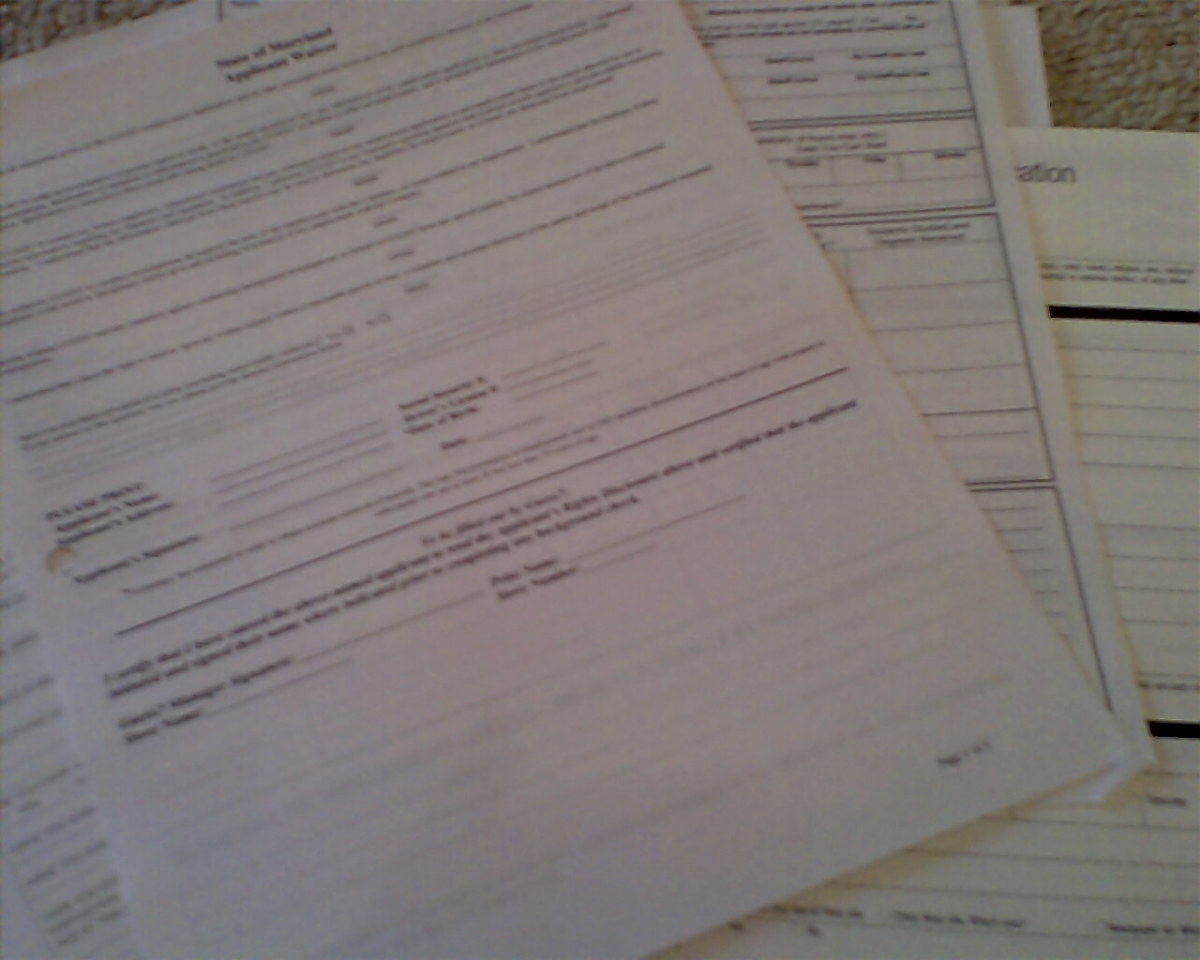Applying to The Top MBA Programs: What Got Me Admitted to 3 Top 10 Schools
B-school applicants, start your engines!
So you've made the decision to apply to a major business school program - good for you! I recently had the privilege of attending and graduating from one of the top business schools in the world and it was quite honestly one of the best experiences of my life. I gained a ton of business skills, met a diverse, brilliant group of people from all over the world, and was able to get a killer job that I absolutely love. I wouldn't trade the experience for anything.
Before attending business school, however, I had quite a mountain to climb - submitting business school applications. If you're thinking these applications are quite similar to undergraduate applications, think again. Completing these applications was one of the most arduous and time consuming ordeals I've ever had to manage - the overall process takes months from start to finish. In the hopes of steering you in the right direction, I've included a list of the things that you should do from start to finish when completing your business school applications. Though I only provide a brief summary of each in this hub, I will be adding additional hubs with more detail so that you can prepare great business school applications.
Where do I start?
The somewhat obvious but often overlooked first step in applying to business school is deciding exactly where to apply. I have seen friends and colleagues of mine time and again attempt to blanket the top business schools with applications in the hopes of getting into at least one. THIS IS THE WRONG STRATEGY. Instead, I would think a lot about what you want to get out of your program (they are all very different!), when you plan on going, and what you plan on doing.
When I applied to school, I did a lot of research on exactly what I wanted and listened hard to my gut to understand what "felt" right. I went to business school forums in the cities I lived in, read a ton of books (some of the ones I feel are the best out there are listed below), and visited as many schools as I could. There were a couple of schools that nearly all of my friends applied to that I just never had the right vibe about, so I decided to forego them. For me, this strategy really worked - I got into all three programs I applied to, including 2 of the top 3 on BusinessWeek's Top Full-Time MBA Programs List.
The two MBA admissions books I used were:

So I can start my apps now, right?
Not so fast. Once you've made the decision to apply to business school, you'll need to sign up for the Graduate Management Admissions Test (GMAT) if you haven't taken it already. The test is put together by the College Admissions Board and is similar to the SAT and other graduate admissions exams (LSAT, GRE) in that it is a standardized tests, has lots of multiple choice questions, and asks the taker to submit a writing sample. It is different in that the test focuses more heavily on math and grammar questions than most other graduate tests.
The GMAT is a breeze for some and requires some studying for others (many take test prep classes or get tutors), so it can be a bit of a time consuming process. Fortunately, the GMAT is a step that you can take early on in your admissions process. If you are thinking of applying this year, it's wise to take this exam at least 3 months in advance so that you can focus fully on putting together great applications. If you are considering business school but not thinking of applying this year, it's also wise to take the test sooner vs. later - schools will accept scores up to five years prior to applying, so might as well take it early!
Two of my favorite GMAT books are:

The Application Process
After you've selected your schools and taken the GMAT, you're ready to move on to the application process. The application usually consists of several parts:
1. Personal information and background. You will need to fill out some "basics" on the application, such as personal info, work background, information on how you've spent your time outside of work, places you have lived, etc. While fairly straightforward, this section takes quite a while to complete so don't underestimate it!
2. Personal statements and essays. Schools will typically ask for 3-5 essays to get to know you a little better. Questions will range from very straightforward (e.g., "Tell us about your prior job experience and why you believe an MBA from XX will help you.") to extremely open-ended (e.g., "What else would you like admissions to know about you?") to downright creative (e.g., "What matters most to you, and why?"). This section of the application is by far the most important part of the application, in my opinion - and often the most underestimated. I would suggest taking a LOT of time to think about, draft, and revise your essays - I took about 4 months total, with about 200 dedicated hours of writing for 12 essays and 3 applications. Quite a few friends of mine who graduated with me took longer than that. Many of my friends took significantly less time (with varying results).
3. Recommendations. You will also need 2-3 recommendations from people who know you well and can vouch for your potential as a candidate for the MBA program. Your recommenders should be people that know you in a professional context (e.g., coworkers, friends who you've worked with on extracurriculars or nonprofits, etc.) and can really speak to what you are like in a working environment. The recommendations are very thorough and take some time, so make sure you ask someone well in advance of their due date (I'd suggest at least 2 months) to submit them for you.
4. Interview. Once you've completed your applications and submitted them, you will have to interview with a representative of the school before getting admitted. While some schools see this as an "option," it is usually highly recommendated to interview with someone (and highly correlated to admission at most schools). Interviews vary widely audience (could be a member of admissions, a current student, or an alumni), questions asked (they may be based on your background or on essays you've written), and overall structure (one I had was very open ended and lasted for 90 minutes, another was very efficient and ended promptly at the 30 minute mark). Some schools, such as Harvard, Wharton, and Stanford, may require you to be invited to interview.
Hopefully this will provide you with the basic background you need to get the process started!







